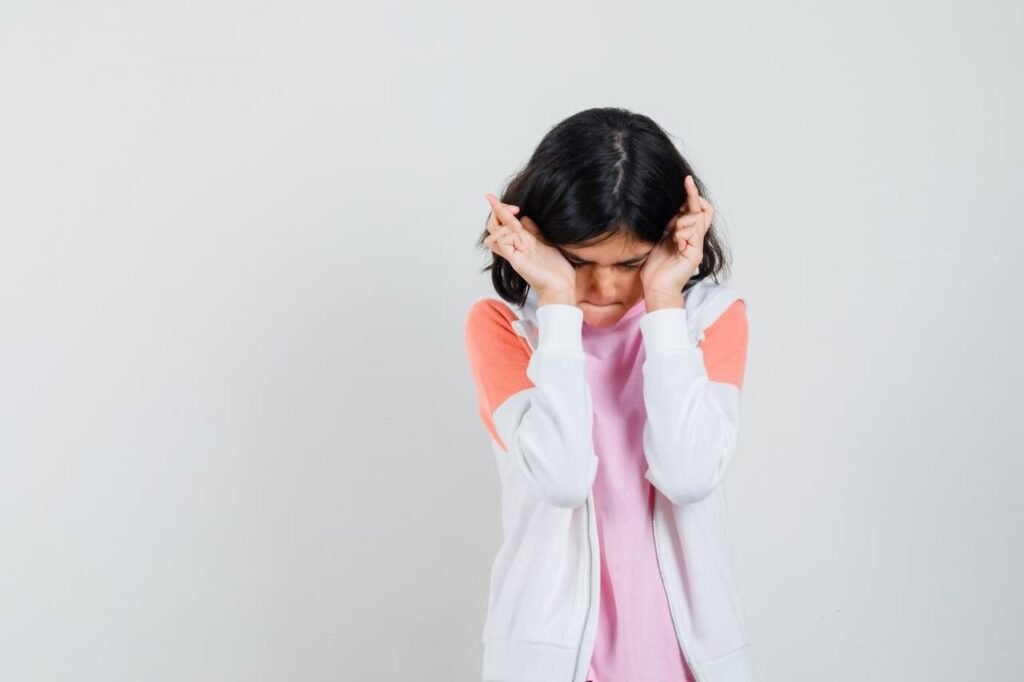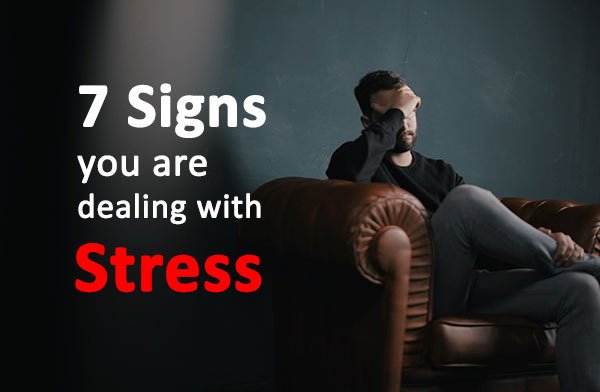Talk to a Psychologist for Online Counselling
Book Appointment Now 100% Private & Secure
Convenient, 100% anonymous, safe, certified professional counseling online.“If you don’t heal the wounds of your childhood, you bleed into the future.” – Oprah Winfrey
Children are like blooming flowers who need love, care, a safe and secured atmosphere to grow and develop in every sphere. As a part of the growing up years, good and bad experiences come along. Some bad experiences may be traumatic for them, making them feel vulnerable and leaving a deep impact on the young minds causing long lasting damaging effects.
Childhood trauma refers to any negative or harmful experiences that a child may go through during their developmental years. This can include physical, sexual, or emotional abuse; neglect; household dysfunction; or any other adverse experiences that can have a lasting impact on a child’s mental and physical health. Childhood trauma can have long-term consequences and may affect a person’s mental health, relationships, and overall well-being. It is important to recognize and address childhood trauma in order to help children heal and cope with its effects.
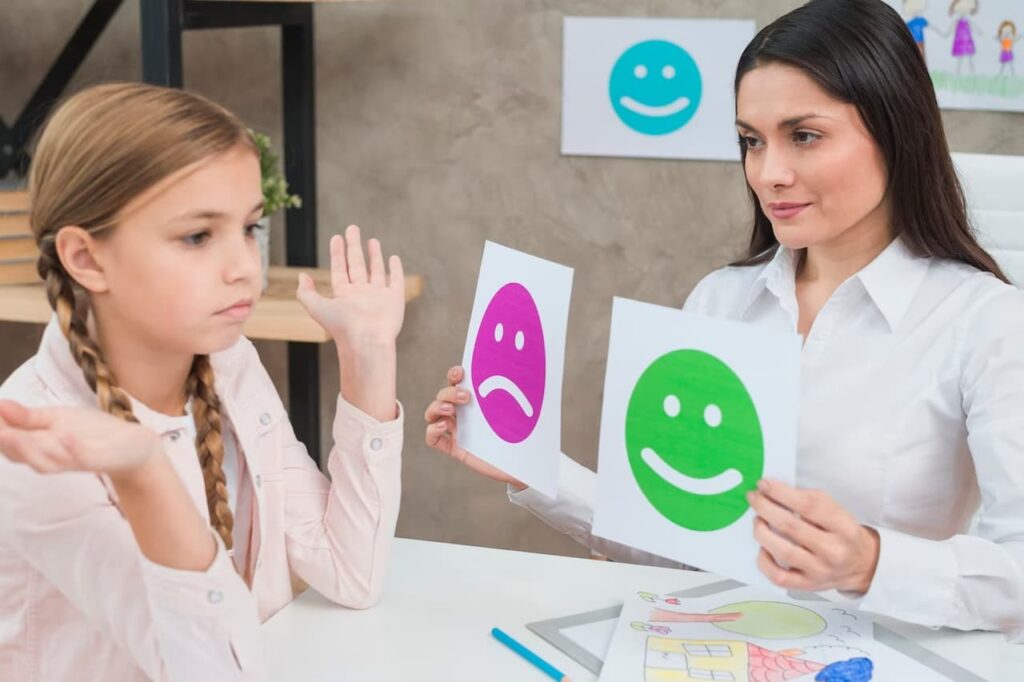

How childhood trauma can affect a child in growing up years?
Childhood trauma can have a significant impact on a child’s development and can affect them in various ways as they grow up. Some potential effects of childhood trauma may include:
- Emotional and behavioural problems: Children who have experienced trauma may have difficulty regulating their emotions and may exhibit behaviours such as anger, aggression, or withdrawal. They may also have problems with attention and impulse control.
- Learning and cognitive problems: Trauma can interfere with a child’s ability to learn and think. They may have difficulty with memory, concentration, and problem-solving.
- Physical health problems: Childhood trauma can have lasting effects on a child’s physical health. It has been linked to problems such as obesity, heart disease, and autoimmune disorders.
- Relationship problems: Children who have experienced trauma may have difficulty forming and maintaining healthy relationships with others. They may have trouble trusting others and may be isolated.
- Mental health problems: Children who have experienced trauma are at an increased risk of developing mental health issues such as depression, anxiety, and post-traumatic stress disorder (PTSD).
It’s important to note that not all children who experience trauma will experience all of these effects, and the specific effects can vary widely from child to child. Some children may be more resilient and able to cope with trauma more effectively than others. However, it’s important to recognize the potential impact of trauma and to provide support and resources to help children cope and heal.
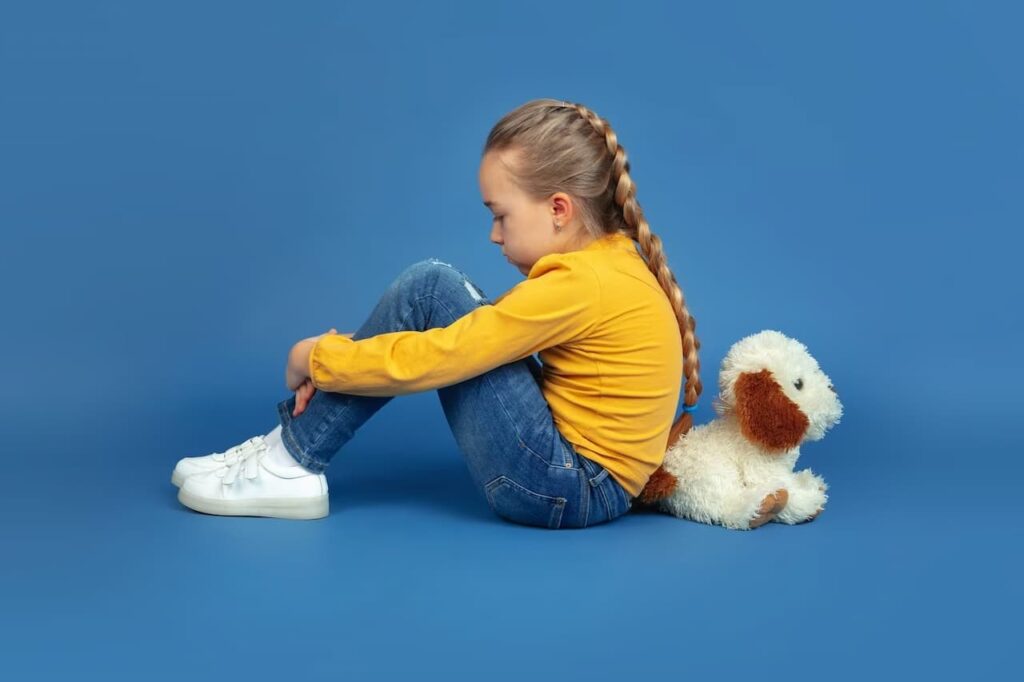

What are the signs of childhood trauma in a child
A trauma leaves an indelible mark on the young mind of a child. The bottled up emotions might exhibit many behavioural changes in the child that are often brushed aside as behavioural problems. But one mustn’t ignore these emotional signs and seek help for the child at the earliest. There are many potential signs that a child may have experienced trauma, and it’s important to note that every child is different and may exhibit different signs or behaviours. Some common signs that a child may have experienced trauma include:
- Changes in behaviour: A child who has experienced trauma may display changes in their behaviour, such as becoming more irritable, aggressive, or anxious. They may also become more withdrawn or have trouble concentrating.
- Changes in sleep patterns: A child who has experienced trauma may have difficulty falling asleep or staying asleep, or they may have nightmares.
- Changes in appetite: A child who has experienced trauma may have a change in appetite, either eating more or less than usual.
- Physical symptoms: A trauma in childhood can have a long lasting effect on a child and may show in various forms. One mustn’t ignore the physical symptoms that are more visible in the child. A child who has experienced trauma may experience physical symptoms such as stomachaches, headaches, or fatigue. A child might also show up many other symptoms which should be considered as a red flag and seek help immediately.
- Difficulty with emotional regulation: A child who has experienced trauma may have difficulty regulating their emotions and may have outbursts or tantrums.
- Difficulty with relationships: A child who has experienced trauma may have difficulty trusting others or forming and maintaining healthy relationships.
It’s important to note that these signs can also be caused by other factors and may not necessarily indicate that a child has experienced trauma. If you are concerned about a child’s behaviour or well-being, it is important to speak with a mental health professional for a proper assessment and support.
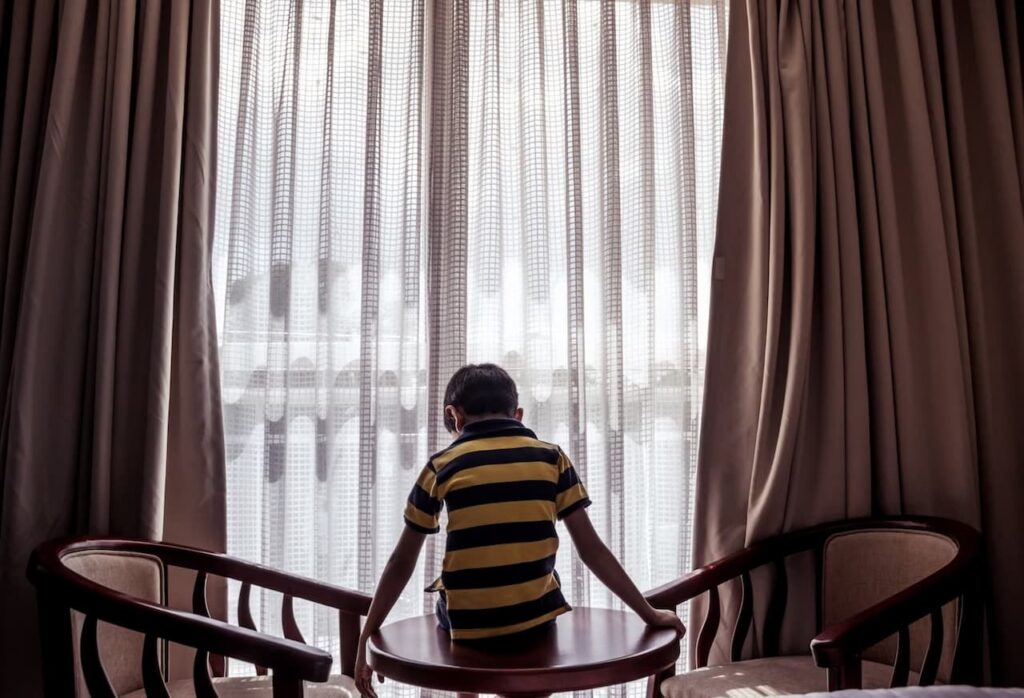

How counselling can help a child with childhood trauma
Counselling can be an effective way to help a child who has experienced trauma. It can provide a safe and supportive environment for the child to process and make sense of their experiences, as well as to learn coping skills and develop resiliency.
Counselling can also help the child develop a sense of trust and safety in relationships, which can be especially important if the trauma was caused by someone the child knew or was close to. Additionally, counselling can help the child understand that the traumatic event is not their fault, and that they are not alone in their feelings of fear, guilt, or shame. Through therapy, the child can learn new ways to cope with their emotions, and can gain a sense of control over their life, which can help them to feel more empowered and resilient in the face of future challenges.
Here are some ways that counselling can help a child with childhood trauma:
Provide a safe and supportive environment
Counselling can help create a sense of safety and trust for the child, which is important for processing and healing from trauma. A safe and supportive environment is crucial for a child who has experienced trauma. The child needs to feel that they can trust the therapist and that they can talk openly and honestly about their experiences without fear of judgement or rejection. This can take time to establish, but it is an important foundation for the healing process.
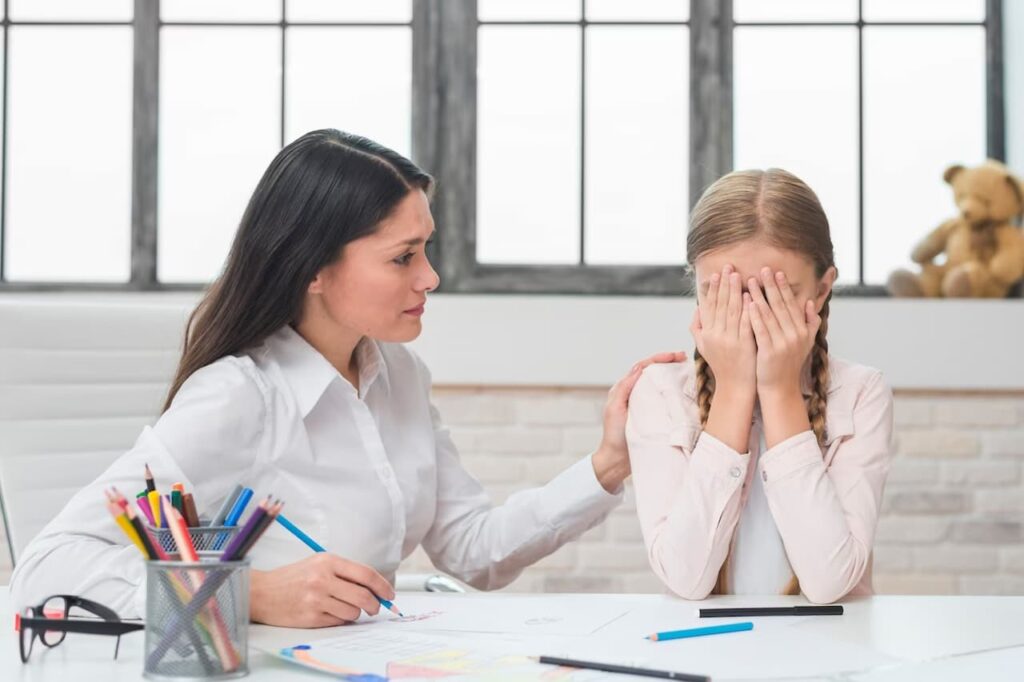

Help the child understand and process their experiences
Counselling can provide a space for the child to talk about their experiences and feelings related to the trauma. This can help the child make sense of what happened and begin to heal emotionally.
One of the main goals of counselling for a child who has experienced trauma is to help them understand and process their experiences. This can involve talking about the trauma and the feelings that have come up as a result. The therapist can help the child to identify and label different emotions, thoughts and physical sensations associated with the trauma. This can be a difficult process, but it is important for the child to be able to make sense of what happened and to understand how it is impacting them.
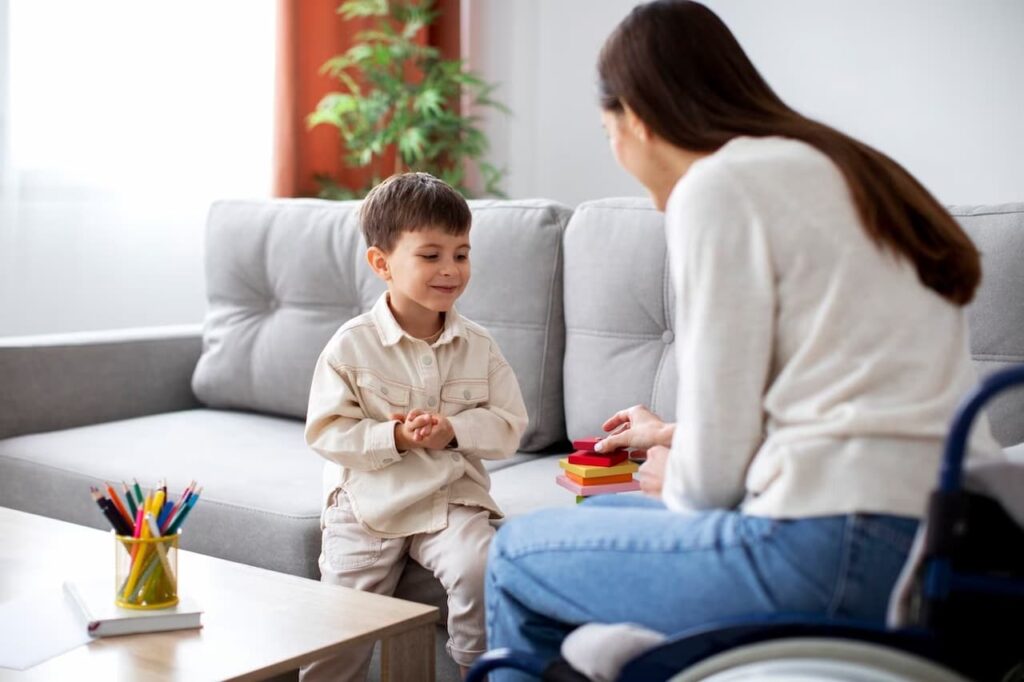

Teach coping skills
Counselling can help the child develop healthy coping skills to manage their emotions and reactions to difficult experiences. These skills may include relaxation techniques, problem-solving skills, and ways to manage stress. Counselling will also help the child to understand the feelings thus generated from the trigerrers time and time again and healthy coping mechanisms to diversify those feelings of anxiety in a more constructive way.
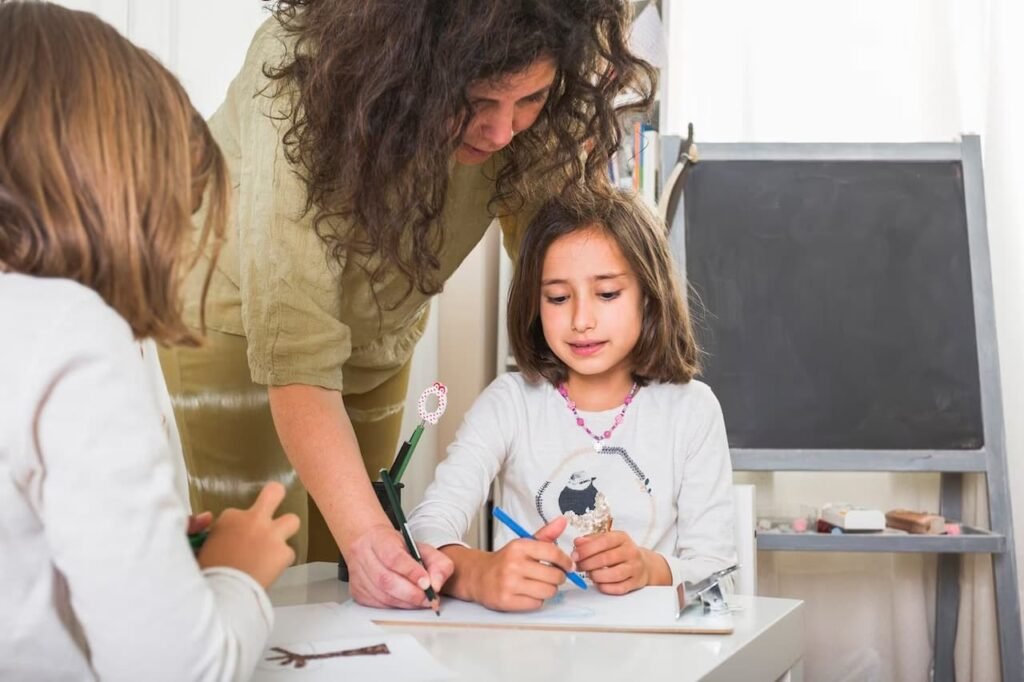

Encourage resiliency
Counselling can help the child develop a sense of resilience and the ability to bounce back from difficult experiences. This can be particularly important for children who have experienced multiple traumatic events. Resilience will help the child to regain the lost confidence and to manage negative emotions better. This will help the child in having healthy relationships in future and will also help to develop self love, empathy and self compassion.
Improve overall well-being
A traumatic event causes a devastating effect on the overall well being of a child. It takes years to come to terms with it. Sometimes a child may not come to normalcy at all if not attended on time. Hence , counselling becomes imperative. Counselling brings acceptance and strength to speak out and stand for oneself. Counselling can help the child feel more positive and hopeful about the future, which can improve their overall well-being and mental health.


Get help at OnlineCounselling4U
OnlineCounselling4U is a beneficial way to help a child who has experienced childhood trauma. We have the best team of child psychologists, counsellors and family therapists who will offer the best support to the child and the family to deal with traumatic experiences. Counselling at OnlineCounselling4U offers a wide range of benefits.
- Convenience: OnlineCounselling4U allows the child to receive therapy from the comfort of their own home, which can be particularly beneficial for children who may have difficulty leaving the house due to anxiety or other symptoms related to their trauma.
- Anonymity: OnlineCounselling4U can provide a sense of anonymity for the child, which can be especially beneficial for children who may be reluctant to talk about their traumatic experiences in person.
- Access to specialised providers: OnlineCounselling4U provides access to specialised providers who have experience working with children who have experienced trauma.
- Flexibility: OnlineCounselling4U allows scheduling an appointment at a time that is convenient for the child and their family, which can be beneficial for children who may have difficulty attending in-person therapy sessions due to school or other commitments.
- Cost-effective: OnlineCounselling4U is cost-effective than in-person counselling, as it eliminates the need for transportation and other expenses. It also provides the benefits of talking to the therapist from the comforts of your home, thus providing a safe and secured environment to the child.
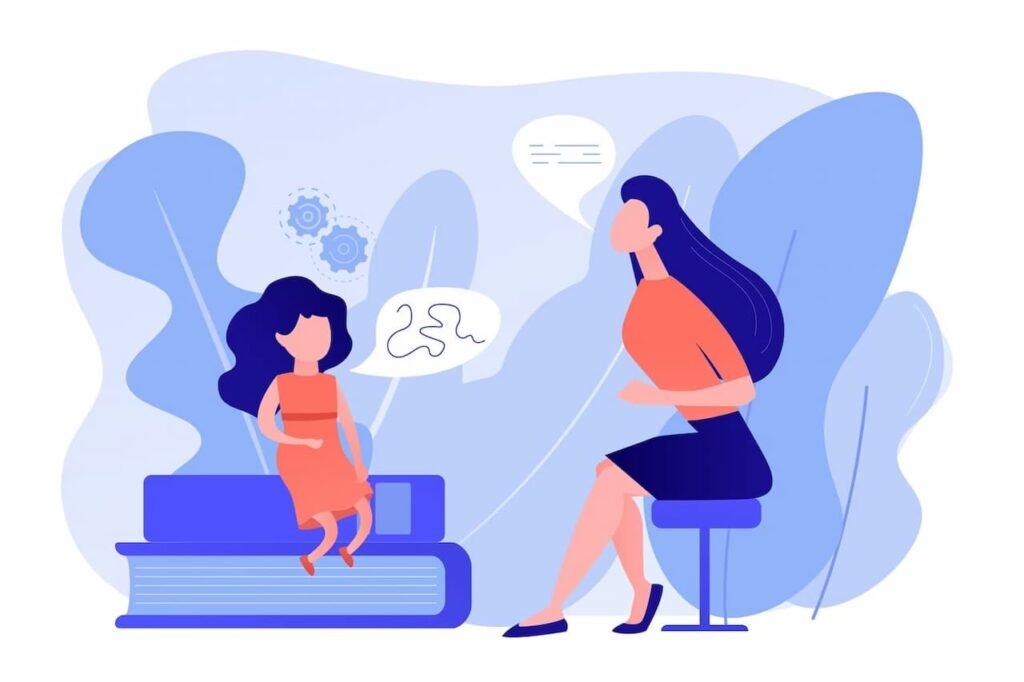

It’s important to note that counselling is not a quick fix, and it may take time for the child to feel better. However, with the support of a trained counsellor, the child can learn skills and strategies to cope with their experiences and move forward in a healthy way. All that a child needs is acceptance, unconditional love and support from the family and will overcome the bitter past for sure.
Call us to book a session today.
Contact us at +91 9811335150
Email us – info@onlinecounselling4u.com
Follow us on Facebook or Instagram
Talk to a Psychologist for Online Counselling
Book Appointment Now 100% Private & Secure
Convenient, 100% anonymous, safe, certified professional counseling online.